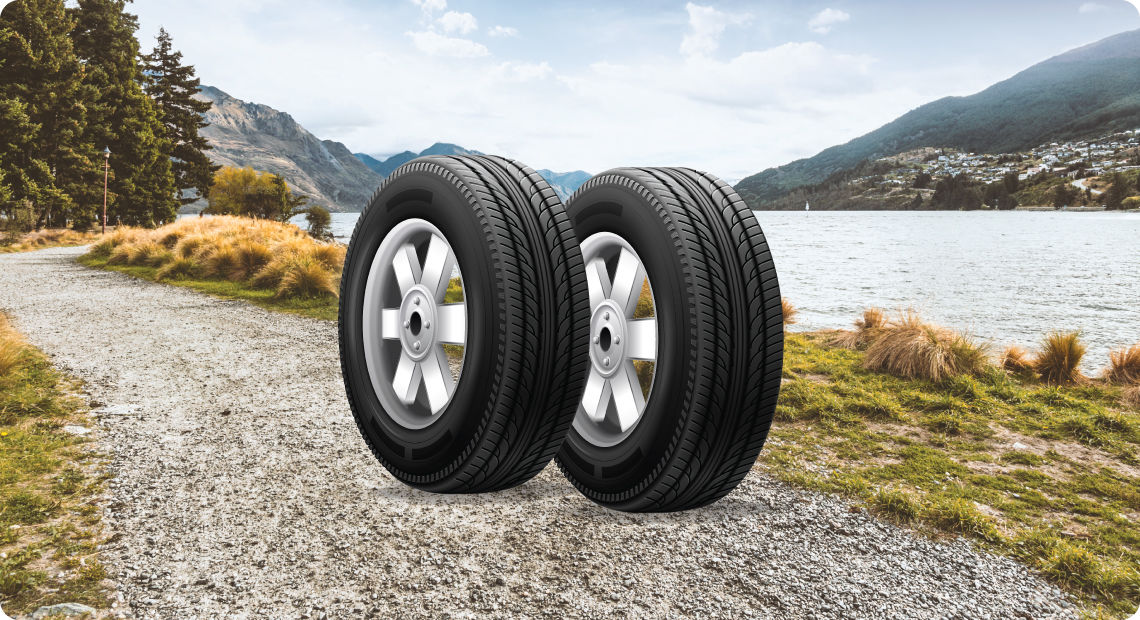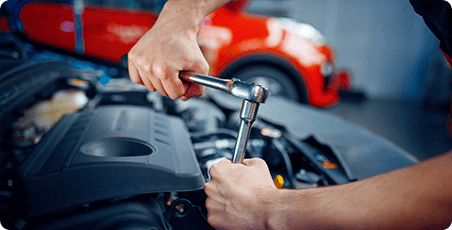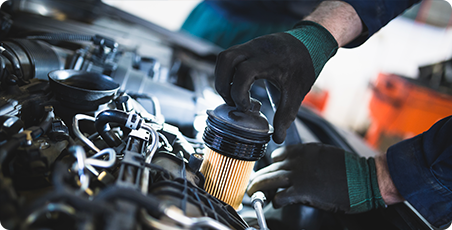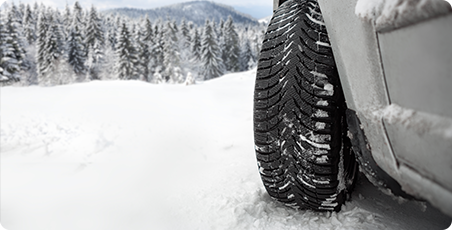Summer Tires In Toronto
| Days | Hours |
| Monday | 7:00AM to 5:00PM |
| Tuesday | 7:00AM to 5:00PM |
| Wednesday | 7:00AM to 5:00PM |
| Thursday | 7:00AM to 5:00PM |
| Friday | 7:00AM to 5:00PM |
| Saturday | 8:00AM to 2:00PM |
| Sunday | Closed |

Shop our all-season and summer tires with the free, online tire finder tool below. Simply choose the year, make and model of your vehicle, then select the most suitable tires from the list of our offers. After you find the right tires for vehicles, contact us to schedule an appointment for installation.
Why Buy Summer or All-Season Tires?
Toronto is heating up, and that means spring is just around the corner. Here at Humberview Chevrolet Buick GMC we are ready to help you get your vehicle ready for the warmer and wetter road conditions. If you’re not familiar with buying tires, the process may be a bit confusing for you. That’s why we answered the most common questions we’re asked by our customers. If you have a question that isn’t answered, you can contact us at our parts department at any time! We’re experts at dealing with the common issues that winters tires have driving in the Toronto area.
Once the temperature is above seven degrees, the rubber compound and tread of all season and summer tires are more effective on the roads. All-season and summer tires are more suited to the dry and slippery conditions in spring and summer: they use less fuel and do not require the same kind of traction as winter tires.
Summer tires have shallower treads to allow for better grip, steering and braking when the road conditions are hot and dry. However, it also means the tread wears out faster, and it will not perform as well during cooler or wetter road conditions. All-season tires, on the other hand, offer better overall performance when the road is wet, cooler, or even with some snow. That’s because they have deeper tread to provide more reliable grip, and also means they tend to be more durable. So whether you buy a set of summer or all-season tires for driving in Toronto should depend on what you value more.
There a number of factors that can affect how long your tires may last before they need to be replaced for your own safety:
- Age — as your tires get older they begin to harden and crack, which causes the tire to start losing grip on the road and potentially to separate from the rim. On average you should replace your tires every 5 to 7 years
- Use — if you drive more aggressively, if you drive more on the highway than in the city, if you drive more than the general annual average, or if you drive on rougher gravel roads will cause your tires to wear out faster
- Maintenance — keeping the tires at the proper levels of inflation and pressure, repairing and sealing small punctures, rotating your tires, having the wheels properly aligned, and so on all help prolong the tires’ lifespan
If your tires get torn or punctured beyond repair, you will need to replace at least the damaged tire(s) immediately. If the tread is worn down so much that the tires are no longer able to safely grip the road for steering and stopping, you should also replace them as soon as possible. You can get a special tread-measuring tool to test all your tires, and if the tread is shallower than 1.6mm or 1/16th of an inch then they will need to be replaced.





